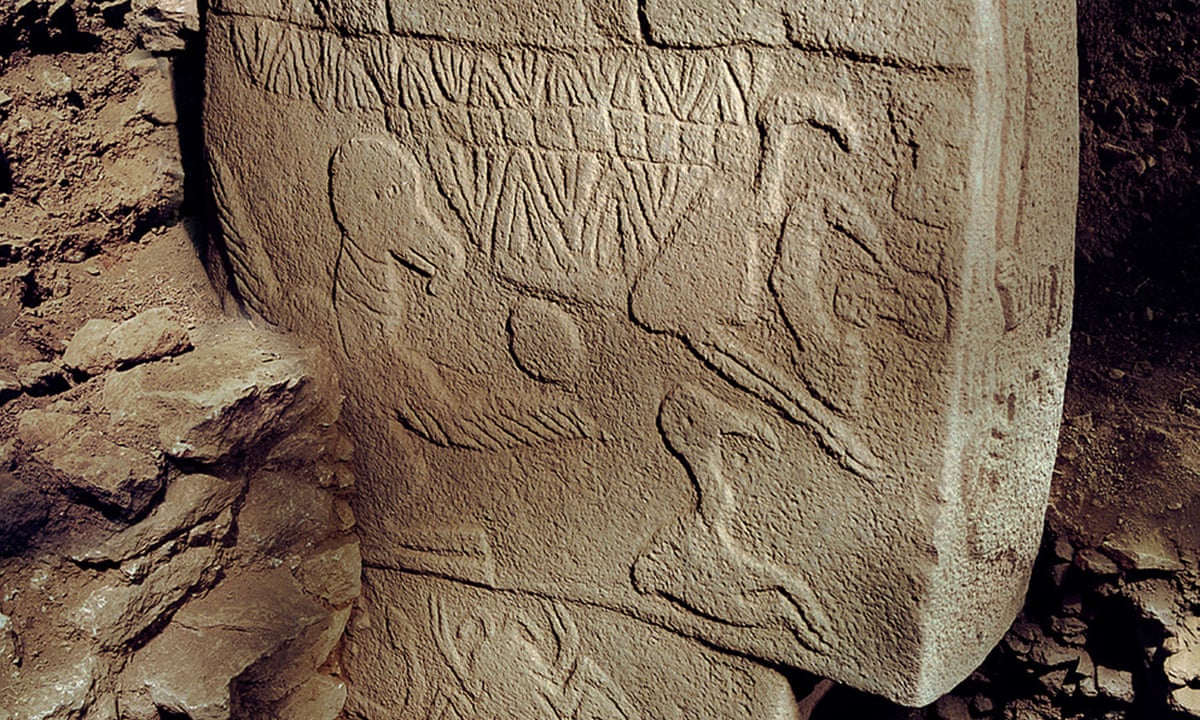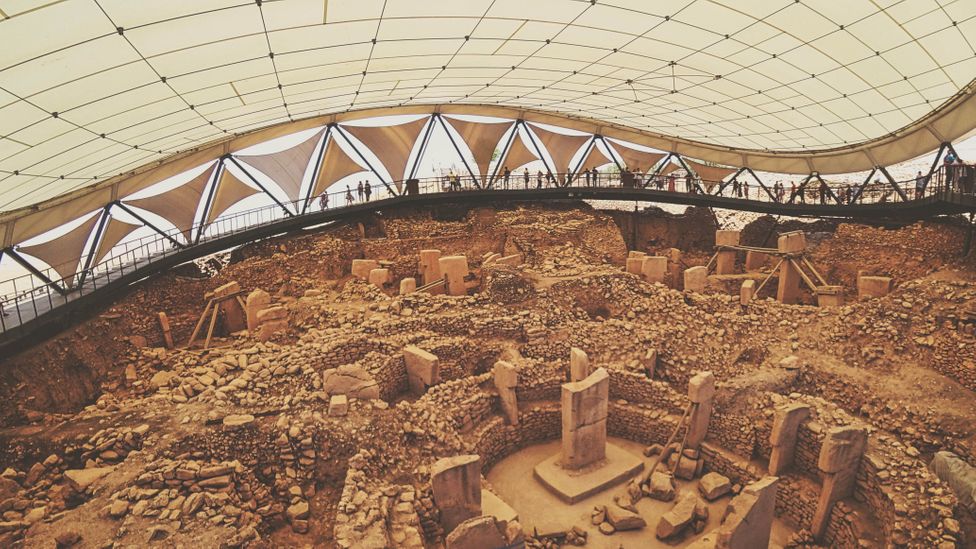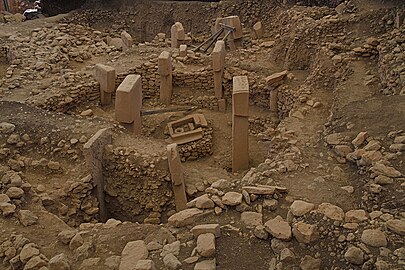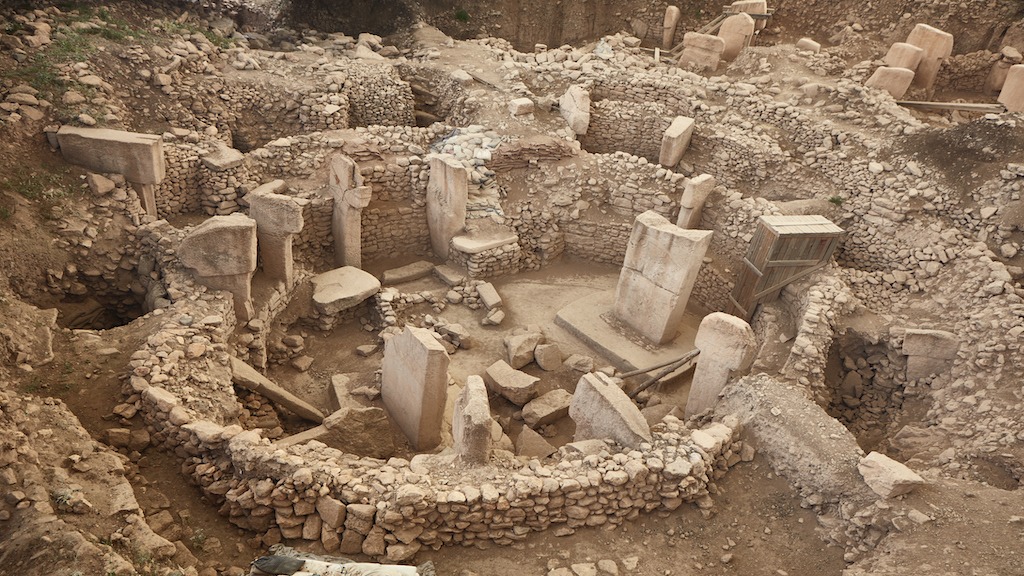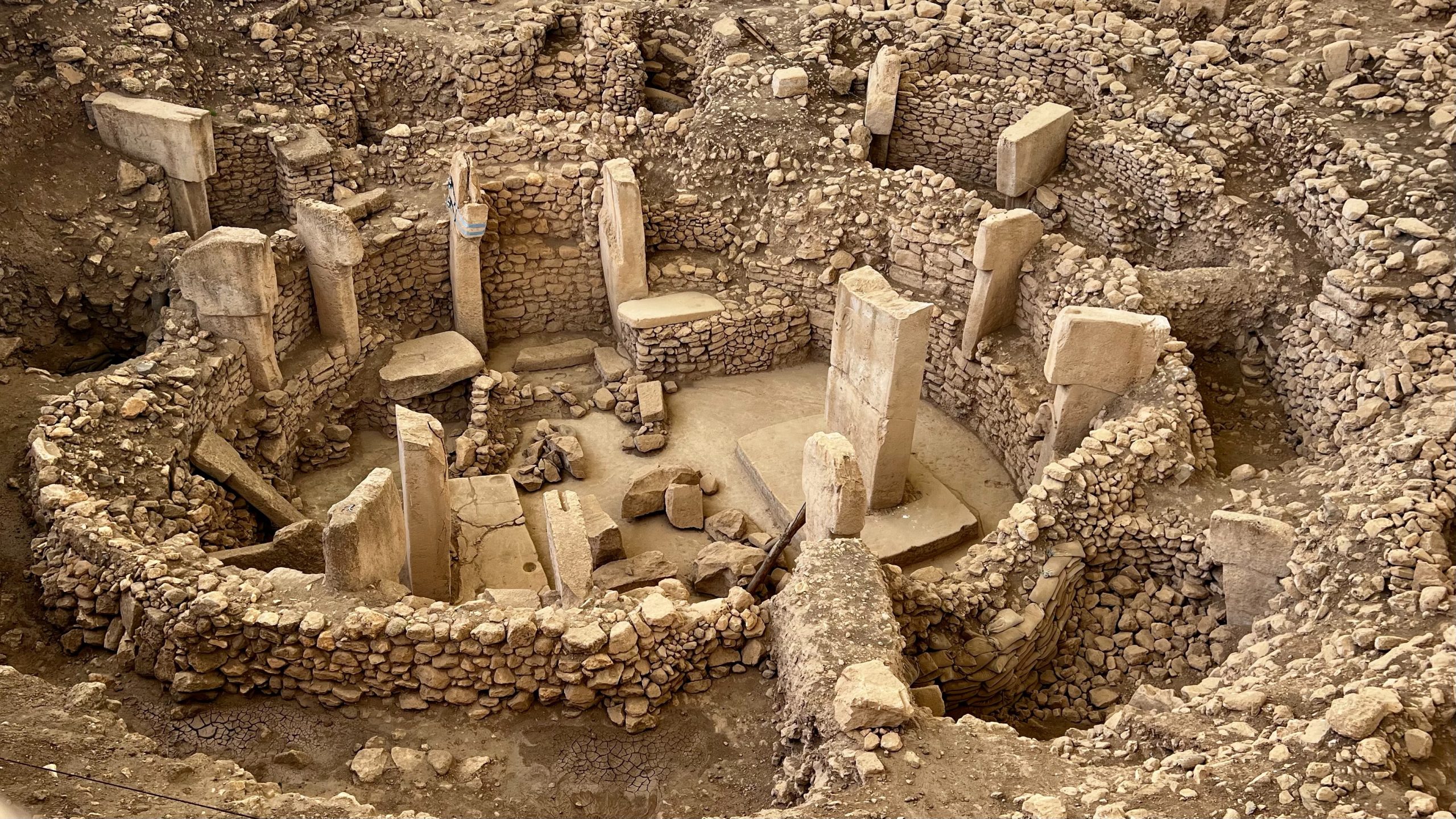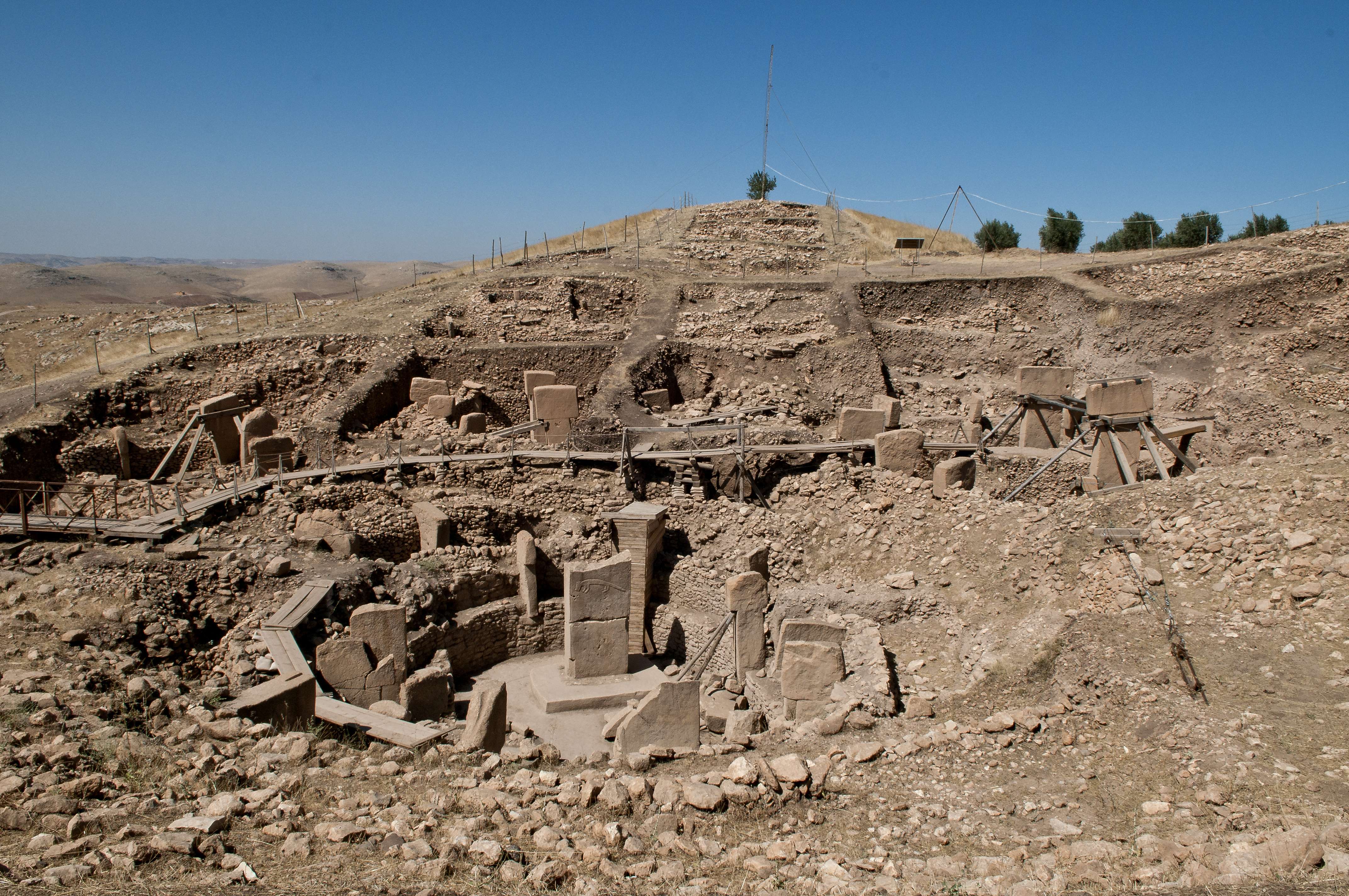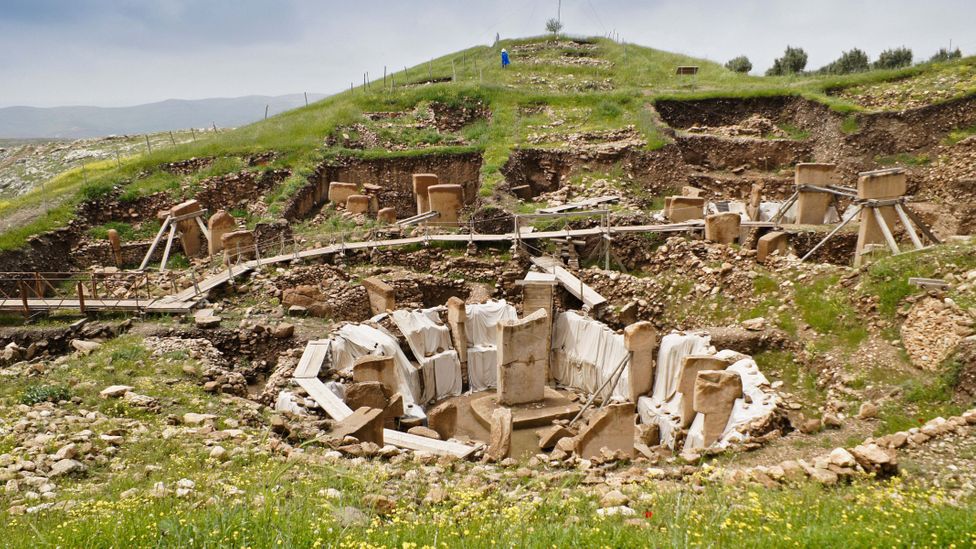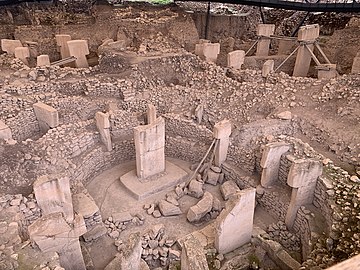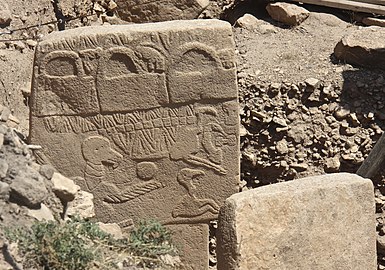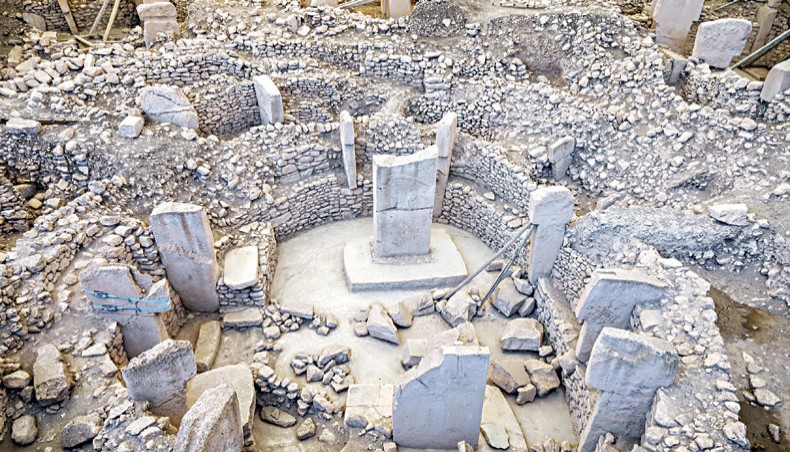
Gobekli Tepe Turkish For Potbelly Hill Is An Archaeological Site In The Southeastern Anatolia 12 Thousand Years Ago Gobeklitepe Archaeological Site Sanliurfaturkey Stock Photo - Download Image Now - iStock

Gobekli Tepe Turkish for "Potbelly Hill", is an archaeological site in the Southeastern Anatolia. 12 thousand years ago. Gobeklitepe archaeological si Stock Photo - Alamy
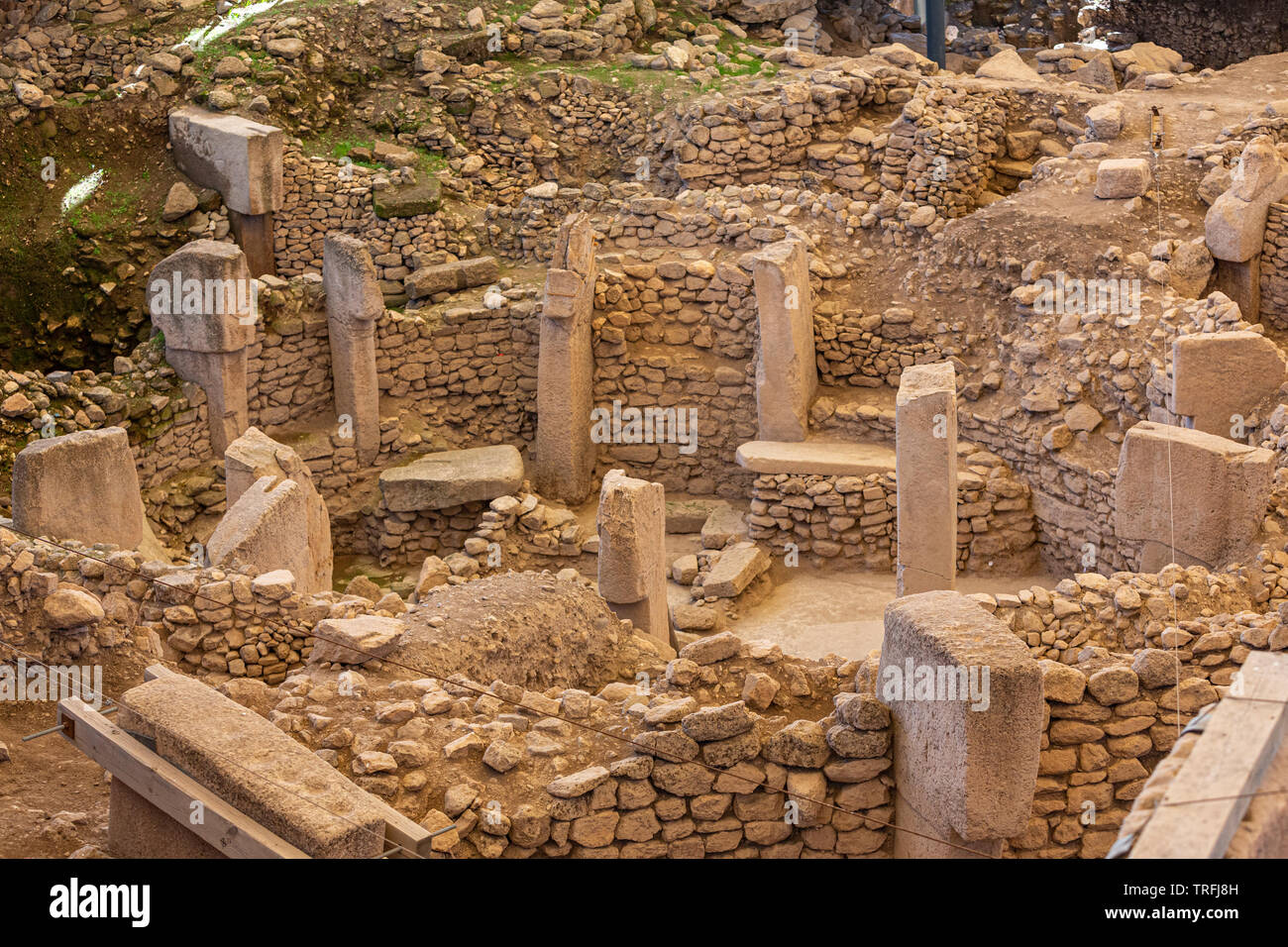
Gobekli Tepe Turkish for "Potbelly Hill", is an archaeological site in the Southeastern Anatolia. 12 thousand years ago. Gobeklitepe archaeological si Stock Photo - Alamy

Gobekli Tepe: Geometry Guided Construction of 11,500-Year-Old Megalithic Complex | Archaeology | Sci-News.com
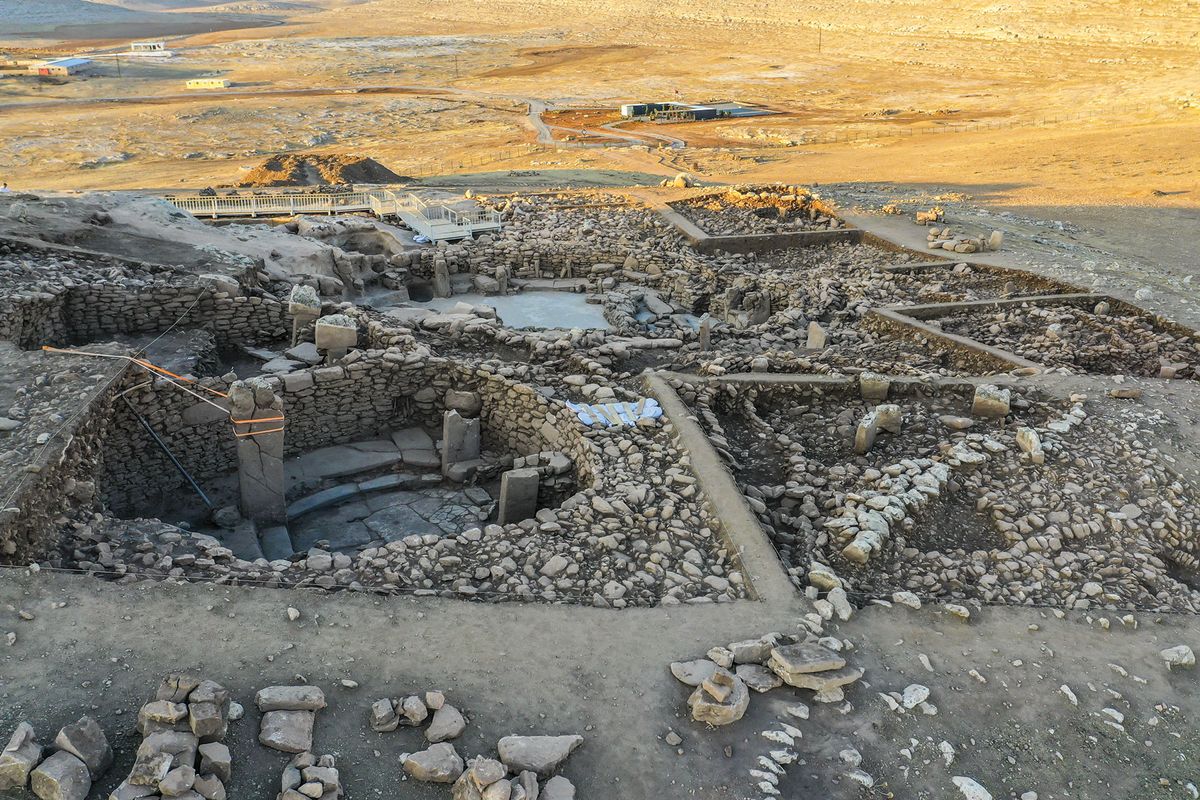
Discovery of Turkish 11,400-year-old village challenges ideas of when and why humans first settled down

Gobekli Tepe Turkish For Potbelly Hill Is An Archaeological Site In The Southeastern Anatolia 12 Thousand Years Ago Gobeklitepe Archaeological Site Sanliurfaturkey Stock Photo - Download Image Now - iStock
